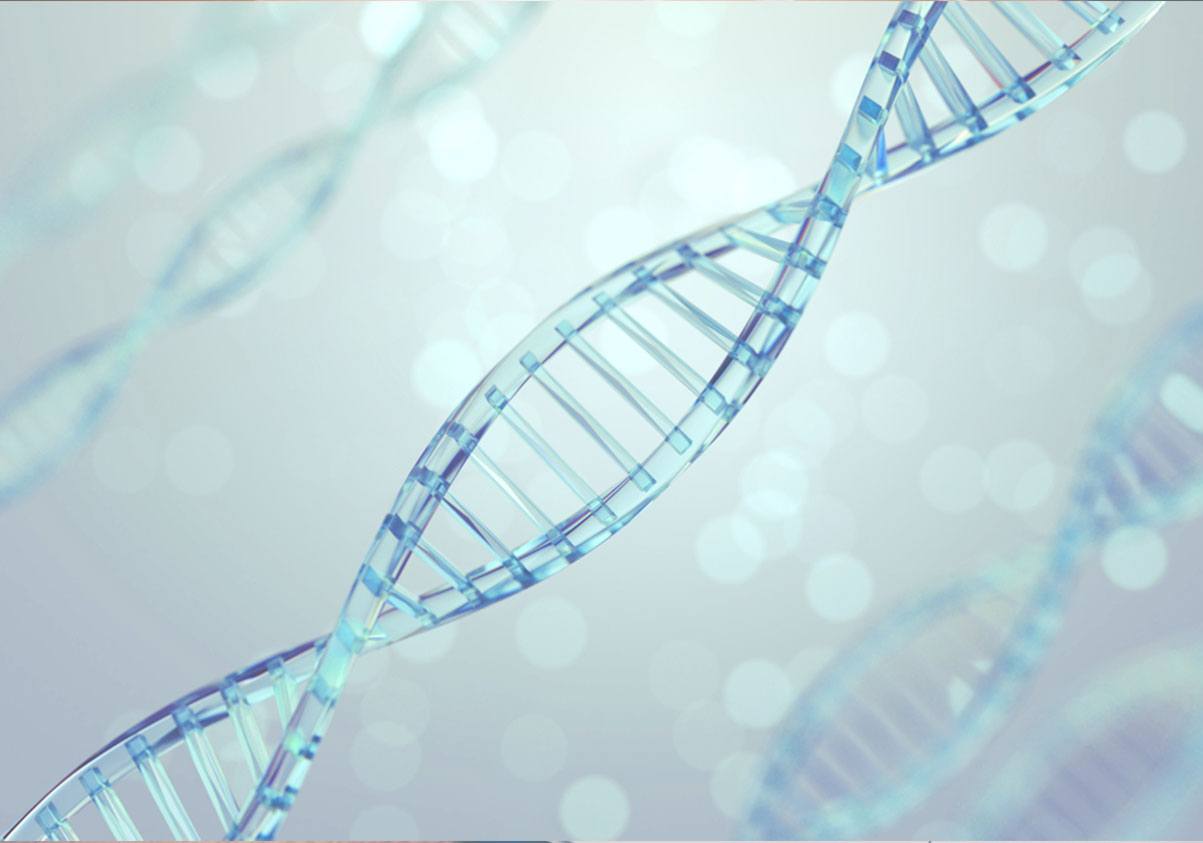
NIMGenetics offers NIMIntegra Neuropaediatrics (Spanish) , a comprehensive solution for the genetic testing of malformation syndromes, both associated and non-associated with other neurodevelopmental disorders and/or epilepsy. This process includes every genetic test a patient could require, including the most advanced genomic platforms as well as traditional molecular diagnostic techniques.
Check our range of NGS genetic testing services for malformation syndromes here
GenoNIM® is our Whole Genome Sequencing (WGS) service, a comprehensive tool available to clinicians and researchers that allows the joint identification of changes in the genomic and mitochondrial DNA sequence, referring to intronic and exonic variants, changes in copy number (CNVs), structural variants (such as rearrangements) or expansions.
Whole Genome Sequencing (WGS) is the most comprehensive tool for tackling highly complex projects, identifying a broad spectrum of biomarkers in DNA, such as:
Genome sequencing based on total DNA fragmentation allows us to analyze regions that, due to their high complexity, are not accessible with capture systems used to prepare exome libraries or panels, revealing regions that cannot be analyzed using other technologies.
While this method of sequencing is commonly associated with human genomes, the scalable and flexible nature of NGS makes it equally useful for sequencing any species, animal, plant, or microbial.
KaryoNIM® is the NIMGenetics array CGH platform with a whole host of clinically oriented own designs that maximises diagnostic power while minimising uncertainty.
ExoNIM® Clinical: ExoNIM® approach that focuses on analysing genes with OMIM (Online Mendelian Inheritance in Man) phenotype. The whole sequence is stored, allowing different sequential analyses to be carried out.
ExoNIM® Trio: Whole exome sequencing (WES) test of the patient and their parents, allowing the patient’s 22,000 genes to be analysed based on their phenotype and the inheritance pattern of the identified variants. In addition to point mutations and indels, this ExoNIM® approach allows CNVs between 200kb and 10Mb in size to be studied.
Massive parallel sequencing has revolutionised genetic testing, allowing sequence alterations (point mutations and indels) of multiple genes to be analysed in parallel, thus increasing the speed and success rate of molecular diagnosis. This technique has also evolved to be able to screen for large rearrangements.
NOur NGS tests include:
Given that different approaches vary fundamentally in the scope and flexibility of testing, NIMGenetics offers selective sequencing of specific gene panels or of the whole exome (WES, Whole Exome Sequencing).
NIMGenetics offers genetic testing services based on different molecular biology techniques, including MLPA (Multiplex Ligation-dependent Probe Amplification) and TRP-PCR to test for triplet repeat expansions. We also offer specialists massive parallel sequencing and MLPA techniques to detect genetic alterations in the mitochondrial DNA.